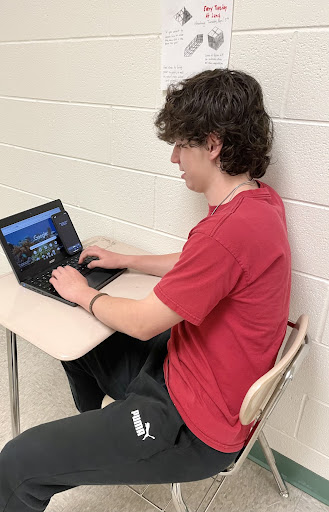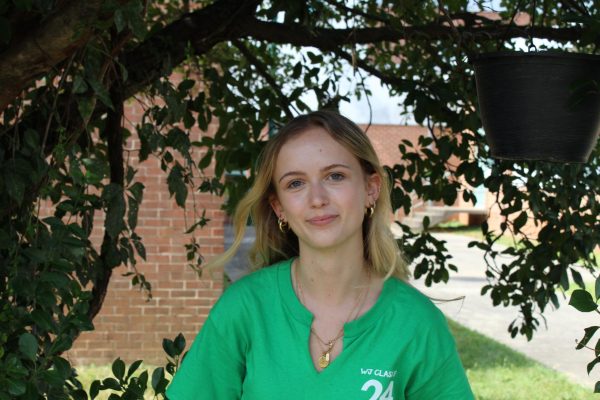As Google defines it, the definition of cheating is, “acting dishonestly or unfairly in order to gain an advantage, especially in a game or examination.” In the context of school, the fine line of what cheating is has become blurred. So what really counts as cheating?
Plagiarism has increased because people post answers to homework, tests and even full essays. I will often be sitting at home doing work when I get a text from a group chat where someone sends the answers to an assignment, when a fully completed assignment is handed to you it is extremely tempting to use their answers.
“In my history class this year I had forgotten to do a 15 point all task assignment and I was not sure how to do it so I asked my friend to just send me his and although I changed some words and put some of my own thought into it, the teacher found out and we both got zeros for the assignment,” an anonymous student said.
Students are also often caught looking at materials during a test, whether that is their phones, notes from class or little cheat sheets. Depending on the teacher this can be a very easy tactic or extremely difficult.
“I have gotten caught with a little note sheet I brought for a vocab test because of how unprepared I was and scared of academic failure,” an anonymous student said.
Those are all things to be considered cheating, but here is where the line gets blurrier. Let’s say a friend in the same course as you takes an assessment before you do and you pass them in the hallway and they mention some details of the test. While that does definitely give you an advantage for that test, they aren’t giving exact answers.
Although students blur the lines between what is cheating and what isn’t, teachers have a pretty clear definition of what they believe academic cheating in their classroom is.
“Cheating is using any type of unauthorized sources to gain information,” chemistry teacher Mr. Baur said.
Many students have come up with their own creative ways of how to help themselves during tests. Academic failure is a huge problem, students fear getting a bad grade, therefore, doing things they shouldn’t to see that good grade.
“During a graded Spanish assessment which was an essay with a prompt, there was one word I wanted to remember to use so I wrote one word down on the desk. I used the word once in the essay and then received a 0/50 because I forgot to erase it and she saw I wrote one word down,” an anonymous student said.
But with technology, many tests are taken online and while we have sites like Go Guardian there are many ways to get around the extension built into our MCPS Chromebooks.
Coming from virtual school has impacted the amount that students are cheating. During this time, the only way that teachers could try to see if any cheating was going on was by making cameras mandatory for assessments, which honestly did nothing. I think this made students more prone to cheating now because of how much students relied on it during online school.
I understand why cheating has become such a common thing. It would definitely be cut down if teachers allowed more time to prepare for tests that we had only been learning one to two days before. Most cheating comes from students not being prepared and scared.
Looking at phones or notes during a test is definitely cheating, but friends talking in the halls about formats of tests and some things on it is inevitable in high school.





































